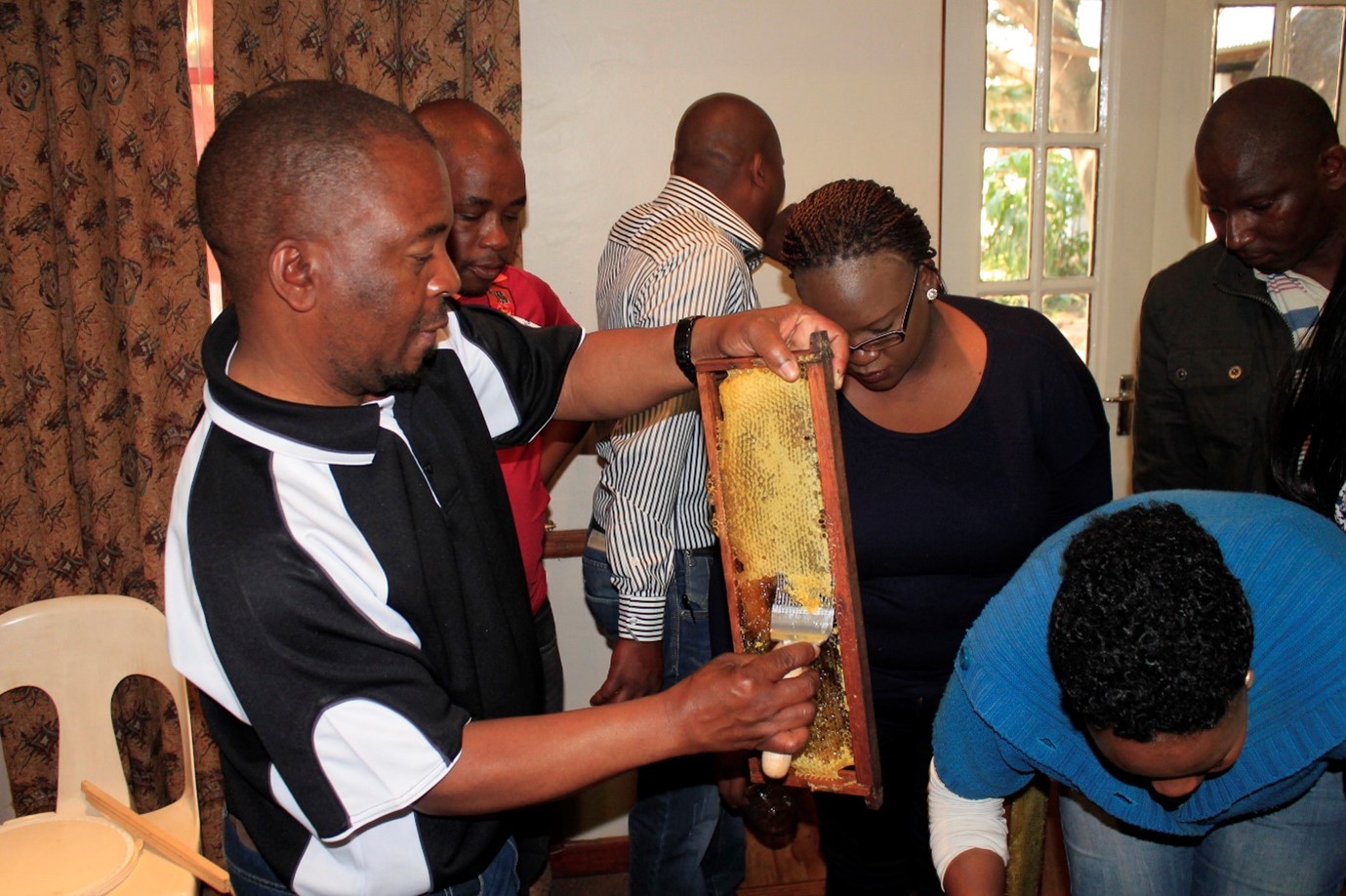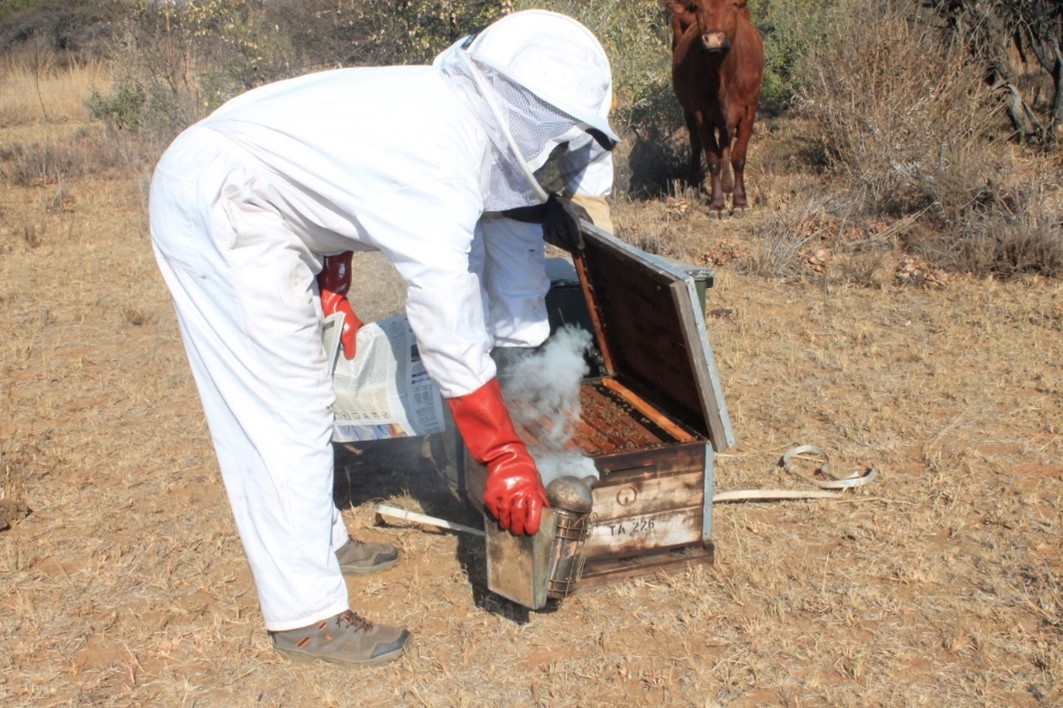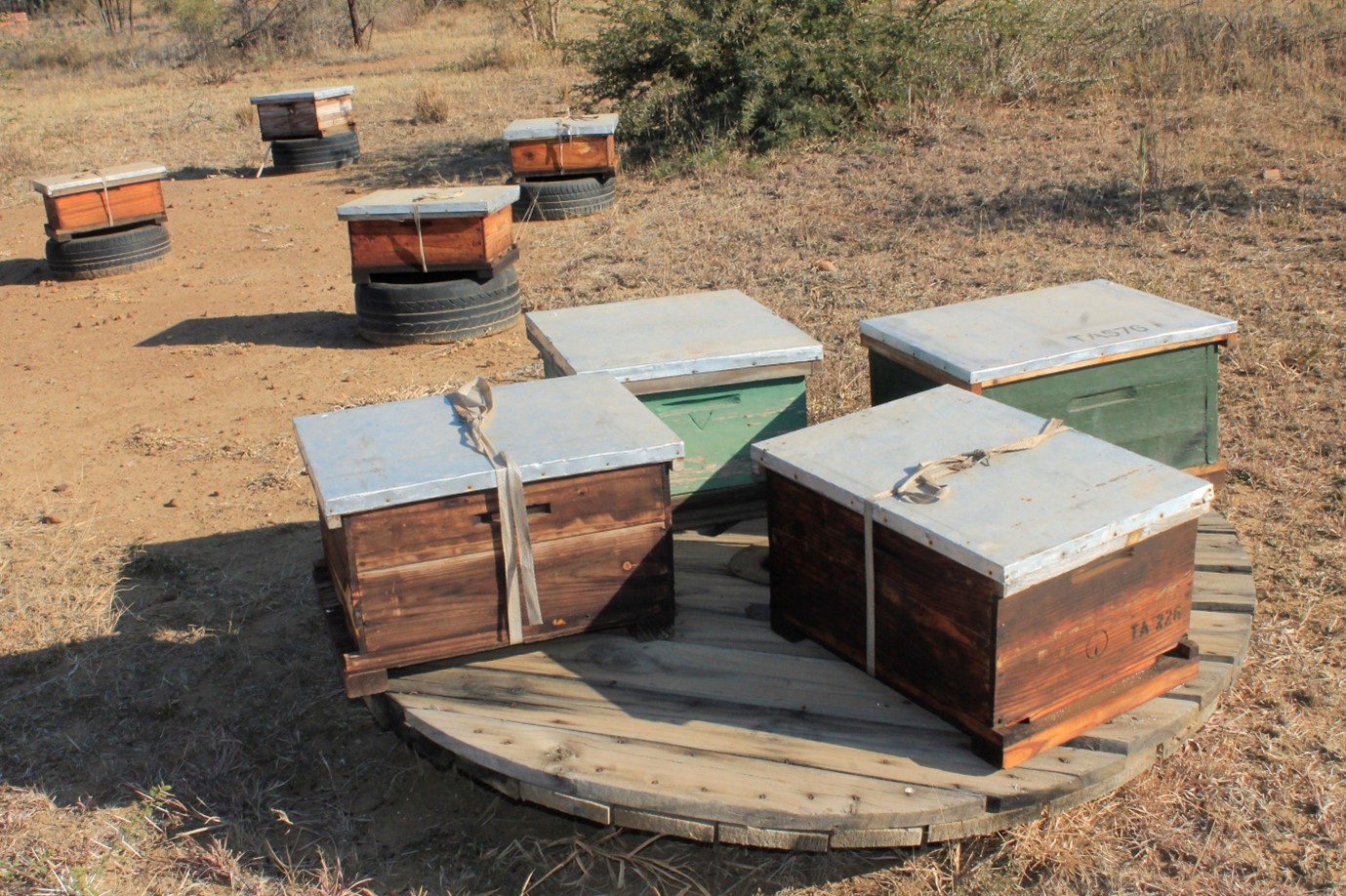By Matsobane Manaka

Dr. Albert Einstein once said, “If the bee disappears from the surface of the earth, man would have no more than four years to live. No more bees, no more pollination … no more men”.
Dr. Einstein’s assertions is a wake up call concerning the drastic decline of the honey bee population in the world over the past decades. Dr. Einstein maintained that if precautionery measures are not put in place to manage a variety of forage resources (that keep honey bees’ livelihoods hence pollination services), honey bees are facing a threat of extinction.
Bees’ pollination contribute positively to plant growth and food production across the globe. They have the capacity to transmit pollen between crops of different genders to fertilise them.

Without bees, the production of food, hence the human nutrition will suffer negatively as a result of no pollination.
The global community comprises of horticulture and beekeepers have celebrated the 5th annual World Bee Day on the 20 May 2022.
Bees are just small flying insects familiar with painful stings that keep it apart from the people.
Bees play a crucial role in the production of more quality food to feed the world’s growing population. They provide honey, pollen and royal jelly as well as products used in health care related sectors such as honey bee venom, beeswax and propolis.

Bees and beekeepers supply a critical service to grower farmers and in particular the fruit trees, garden vegetable and flowers among others. Besides providing tasty and healthy benefit full of nutrients, the value chain of beekeeping activities includes food security, economic growth and job creation. The survival of the agricultural sector and humankind is largely dependent on honeybees through crop pollination.
The United Nations declared this day in December 2017 in recognition of the importance of bees and the role they play in human lives and the environment. The Limpopo Department of Agriculture and Rural Development (LDARD) encourages the celebration of the day and appreciates that without bees and beekeepers the agricultural production will be severely impacted.


